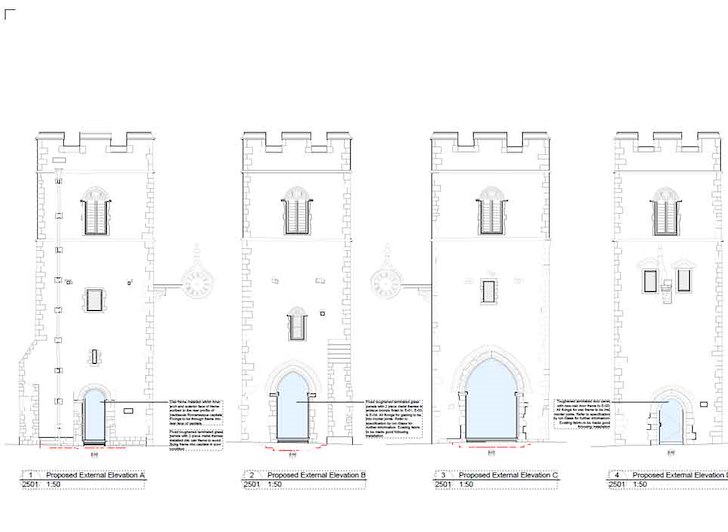Proposals to speed up the justice system following the death of a worker have been welcomed by construction union UCATT.
Currently, it often takes between four to five years following a workers death for the company responsible to be convicted.
It is hoped that changes to the Work Related Deaths Protocol due to be introduced in October 2011 will significantly reduce this time frame. The key change will mean that in some cases charges, relating to heath and safety offences can proceed before a coroner's inquest has taken place.
Under the current protocols, no charges can be made until a coroner's inquest has concluded. A National Liaison Committee, which includes representatives of the Crown Prosecution Service, the police, the Health and Safety Executive and the Local Government Association administers the protocol.
George Guy, Acting General Secretary of construction union UCATT, said: "Anything which speeds up the justice system following the death of a worker is welcome. The current situation where a family loses a loved one and then has to wait for many years before justice is done, is simply wrong."
UCATT also hopes that the reforms will increase the conviction rates of employers whose workers are killed. Currently, roughly only 30% of companies are convicted following the death of a construction worker. Research undertaken by the HSE has found that management failings contributed to 70% of fatal accidents.
As a consequence of the long delay between a worker being killed and a court case occurring, many employers opt to take their company into administration and then start another company with the same equipment and a similar name, in order to avoid a fine.
UCATT are also campaigning for the introduction of statutory director duties, to ensure that if a company acts recklessly and a worker is killed, an individual director can be held accountable and a custodial sentence is a possibility. Despite the introduction of corporate manslaughter laws, the vast majority of convictions following the death of a worker result in a fine, many of which are just a few thousand pounds.
Mr Guy, added: "Hopefully speeding up the justice process will be the first step in ensuring that workers killed at work receive justice. Unless the laws are properly tightened, many companies will continue to fail to take safety seriously as they know that they will not be prosecuted."
(CD)
 UK
UK Ireland
Ireland Scotland
Scotland London
London





















